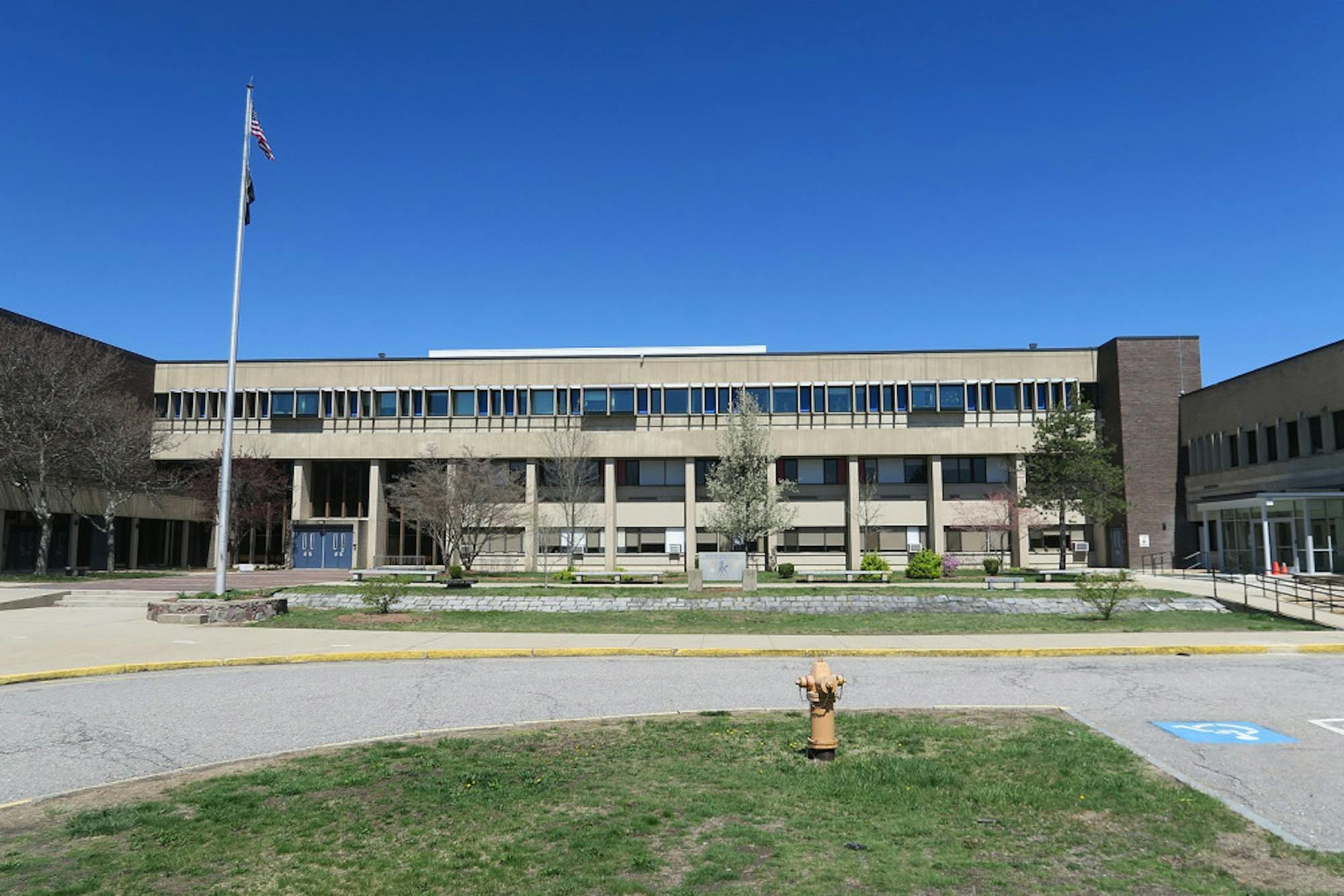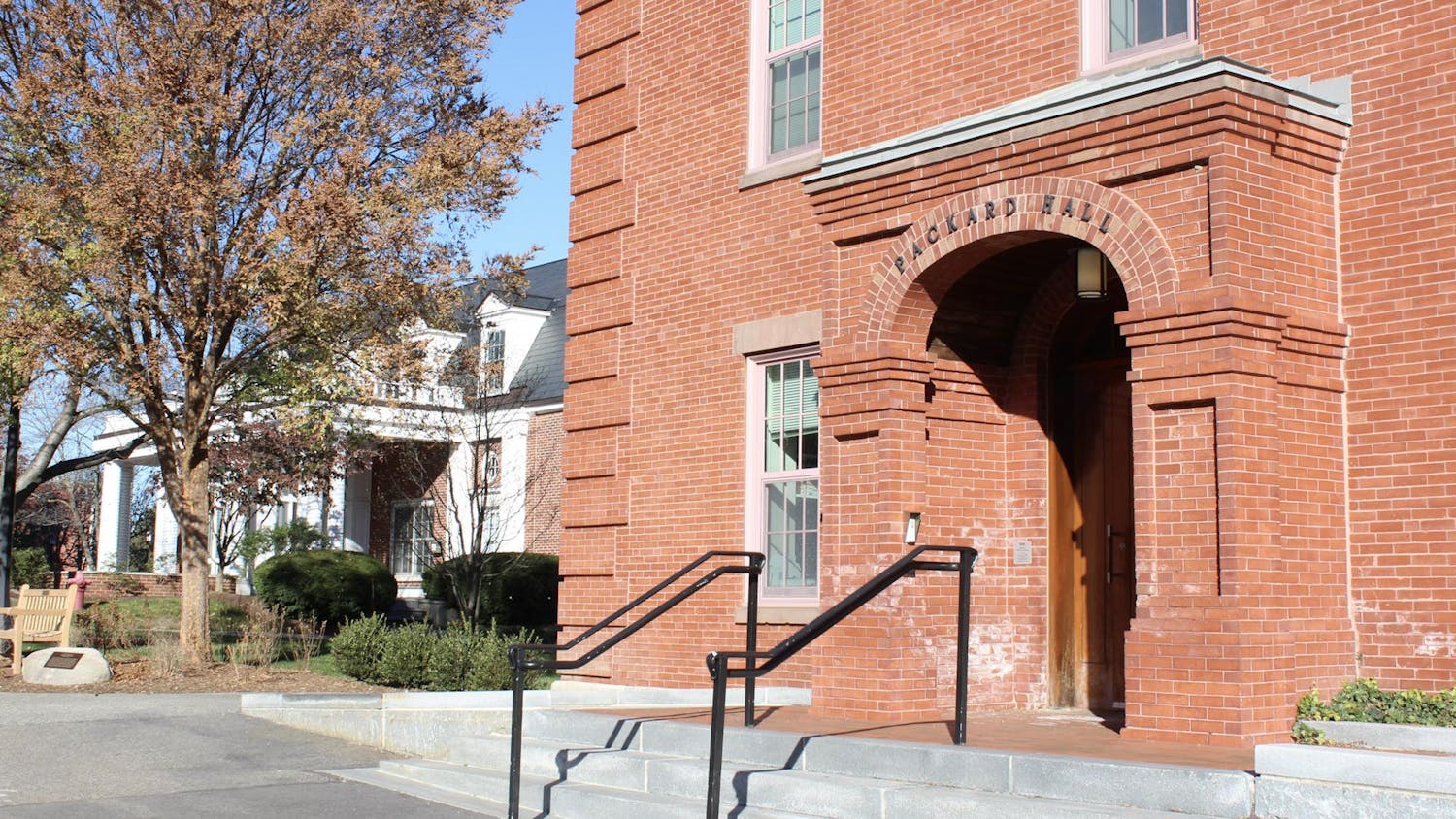Medford Public Schools transitioned to a pooled testing program for COVID-19 surveillance for their students and faculty on Feb. 4. Tufts University helped to implement the program.
Toni Wray, supervisor of nurses for MPS, explained how pooled testing will work for the school system.
“If there is one positive swab, the pool will come up as being a positive pool,” Wray said. “All of those families will be notified that the pool tested positive and that they are required to get a follow-up, or reflex test … [with] a negative reflex test, they'll be able to re-enter back into school, a positive one will then trigger the isolation procedures as outlined by the Board of Health.”
Vice Provost for Research at Tufts Caroline Genco explained how the testing method was implemented.
“To be able to do the pool testing we had to do a pilot study to show that it was actually feasible and that it was accurate enough to detect either a negative or a positive in a pool,” Genco said. “So we took advantage of the fact that we had this massive surveillance program going on on campus, and we were able to enroll subjects into our study.”
According to David Murphy, assistant superintendent for finances and operations for MPS, there is variability in terms of costs for pooled testing, which is mostly based on the number of positive tests. However, it is still less expensive than individual surveillance testing.
“If the finances weren't an obstacle, we would just [have students and faculty] test all the time, there's no downside to testing … other than that it costs money, and we have to make sure that we're doing this in a sustainable way,” Murphy said.
Chris Sedore, Tufts' vice president for information technology and chief information officer, explained the benefits of pooled testing.
“Pooled testing will provide Medford and Somerville with a reliable way to quickly and accurately detect early infection in students, teachers, and staff while costing only about one-third as much as individual testing," Sedore wrote in an email to the Daily.
Murphy explained that the testing system was made possible through Tufts’ partnership, as well as funding brought in from the federal stimulus package.
Genco mentioned how Tufts has data from the pilot study as well as the resources to implement surveillance testing.
“We have the infrastructure to put together these large surveillance types of testing and to use that same kind of system in the schools where they just don't simply have the same infrastructure we have in higher education," Genco said. "I think we took advantage of the things that are all great about Tufts and used it to help support the community.”
Sedore explained that Tufts provides the technological platform that supports the program. The Broad Institute processes and provides the results of the tests, while the city of Medford is responsible for administering the tests and contact tracing.
“We believe this is the only COVID-19 testing partnership between a university and Massachusetts public school districts,” Sedore said. “The pooled-testing methodology that is being used was designed by President Monaco and developed by Tufts in collaboration with Broad Institute of MIT and Harvard and validated through on-campus testing.”
According to Murphy,students and faculty typically should be tested at least once a week. Currently, the district has been testing around 1,700 or 1,800 unique individuals a week, but as new grade levels are phased in, he expects that number to increase.
Wray said she anticipates that the pooled testing procedure for students and faculty should look similar to the previous procedure.
“The only difference is the swab will not be put into an individual tube, it will be put into a pooled specimen too, but we anticipate the process will be the same," Wray said.
Wray explained other public health measures such as screening surveys and social distancing which, along with testing, have helped keep more students in school.
“I think the testing goes a long way to instill confidence for both parents and staff,” Wray said.“We have layered so many public health measures into our plan that we have had very good success with identifying positive cases quickly.”
In astatement released on Feb. 11 announcing the transition to the pooled testing model, Medford Superintendent of Schools Marice Edouard-Vincent explained how testing is a necessary step to safely returning students and staff to school.
“We were laser-focused on how we could get students back into school, not only for the academics but just as important to be able to provide in-person social emotional support,” Edouard-Vincent said. “We are grateful to have been able to collaborate with our partners, Tufts University and the City of Medford, to make this testing happen."






